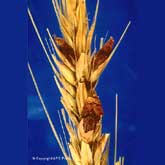Gail Schumann, PhD
Gail Schumann is Professor Emerita of plant pathology from the University of Massachusetts and author of the book Plant Diseases: Their Biology and Social Impact. She is currently Editor-in-Chief of the APSnet Education Center and an adjunct professor at Marquette University in Milwaukee, WI.

Science Facts Written by Gail Schumann, PhD
The Gingerbread Man
Did you know that gingerbread came about because of a smut disease of wheat? ... Continue reading
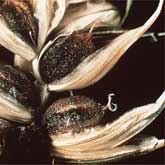
Tea Time!
Did you know that a disease of coffee plantations made the British tea drinkers? In the 1700s Britain had many coffeehouses that served as popular social gathering places to discuss current events and ... Continue reading
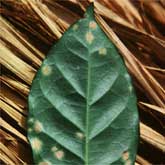
Luck Of The Irish?
In the 1800s many Irish were poor tenant farmers who farmed mainly for the landowner and relied on small plots for their own food. Because high yields of potatoes could be obtained from these small ... Continue reading
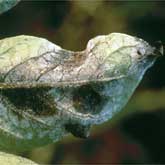
Yes! We Have New Bananas
Did you know that a plant disease determined what banana variety is in your market? Bananas, which originated in Africa and are now grown in every tropical region, are perhaps the most popular fruit ... Continue reading
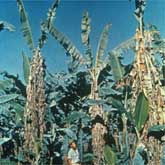
Ergot, Witches & Rye. Oh My!
Did you know that a disease of rye is connected to LSD and witches? Ergot is caused by a fungus that attacks a number of cereal grains, but rye is most severely infected. The healthy grains are ... Continue reading
